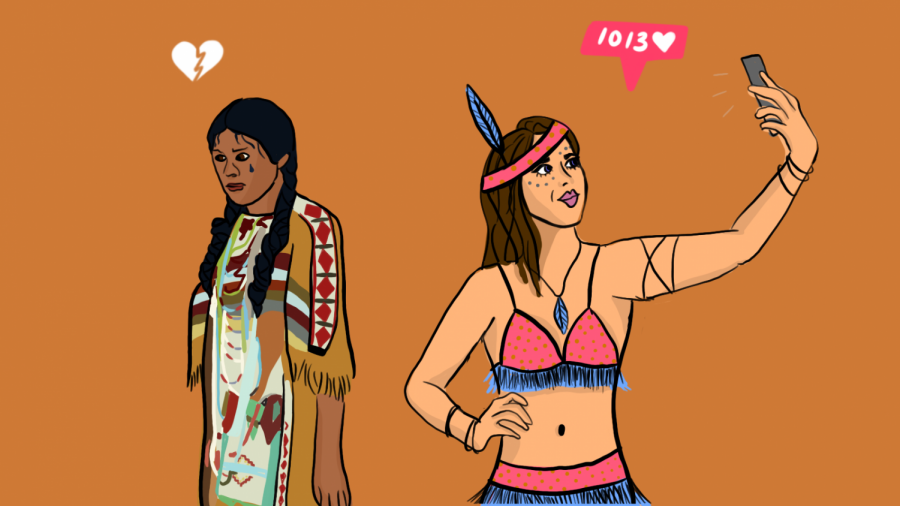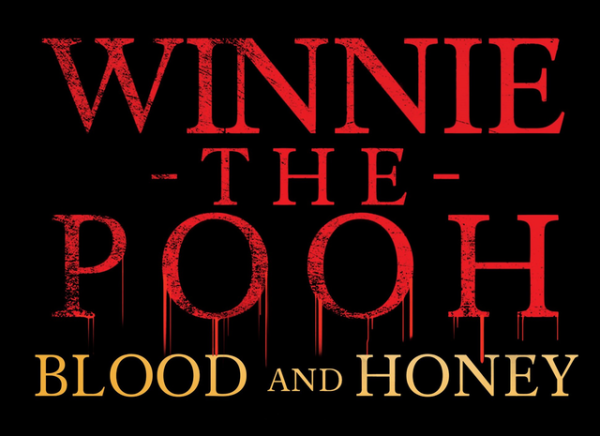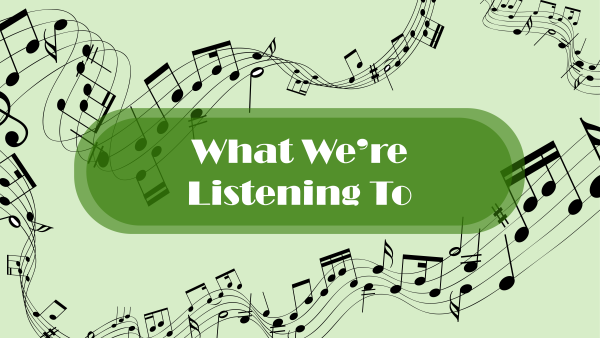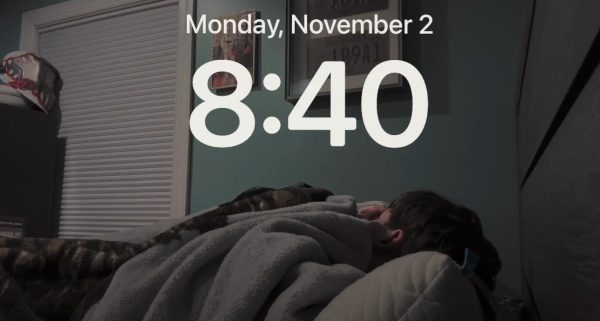OPINION: Culture, not costumes
Photo credit/ Autumn Bohner
Opinion Editor Emma Rushworth says that dressing as a Native American or Indigenous person can not only be inaccurate but also reflective of a painful time in history.
October 30, 2020
Every year it feels like we as a society need to have a conversation about why it’s not okay to dress up as someone’s culture. While many people have the viewpoint that this is another PC attack gone too far, and that we “can’t do anything anymore”, it has always hurt marginalized communities to see their culture mocked in the form of dress up for white people.
There are two types of offenses with Halloween costumes. There are people who dress as pieces of culture that are not their own, like someone dressing up as a Japanese Geisha. Then there are those who dress as racist stereotypes, like someone putting darker makeup on their face and dressing in linen clothing and going as a terrorist.
This issue is widespread, from normal people to celebrities continually choosing to dress up in insensitive costumes. If you are an adult and you make the decision to dress in a costume that appropriates a culture that is not your own, you have no excuse to not educate yourself on why the costume is insensitive.
Sometimes, an offensive or insensitive doesn’t come off or isn’t intentioned to be as such. Dressing up as a “gypsy” is generally a popular costume complete with fortune telling and flashy jewelry. However, the G word is actually a slur coined by the Nazis to attack and dehumanize the Roma people. Many people don’t know about this so the hurtful implications the costume has are lost.
Dressing as a Native American or Indigenous person is just as, if not arguably more, offensive. Most costumes labeled as Native Americans are inaccurate and reflective of a painful time in our history when white settlers displaced Indigenous people and forced them to leave their homes, their way of life, and their culture behind. Not only that, but the optics of a white person dressing up as the very culture their ancestors sought to destroy by any means is sickening.
Another example of insensitive costumes comes from overexaggerated stereotypes of races, cultures and ethnicities. In 2012, Chris Brown dressed up as a “terrorist” by donning scarves and baggy linen clothing similar to the style of clothing worn in the Middle East. This was offensive even in 2012, but it wasn’t widely discussed.
Wearing a sombrero and poncho or a taco costume with those accessories is also an exaggerated stereotype of Mexican people. The same goes for sugar skull makeup and Día de los Muertos attire. Unless you actually observe the holiday or are Mexican, it’s offensive and frankly cringey to appropriate the aesthetic of the culture without educating yourself.
Much of this discourse seems to be another instance of the politically correct police coming to tell people how to live their lives. However, dressing up as another culture or a harmful stereotype is no better than dressing in blackface, and sometimes the two overlap. As an adult, especially a white adult, it is on us to educate ourselves on the cultures of the oppressed and to ally ourselves with them by not misappropriating their cultures as a fun costume. Halloween is a time to dress up as things that don’t exist: vampires, witches, goblins. When we dress up as caricatures of cultures, we are actively erasing the meaning behind them.
Contact the writer: [email protected]
Twitter: @e_tww















